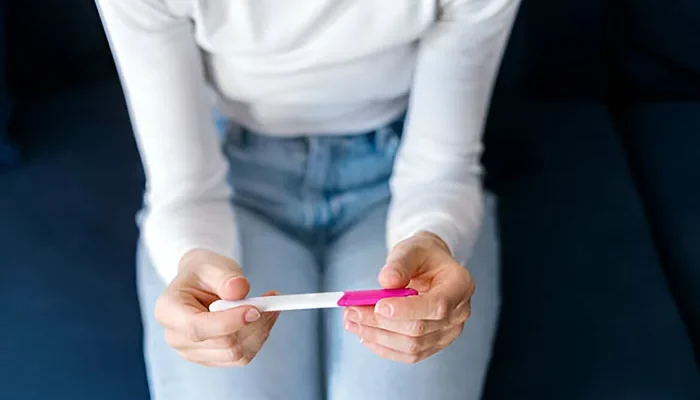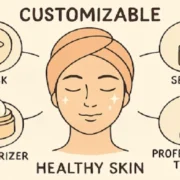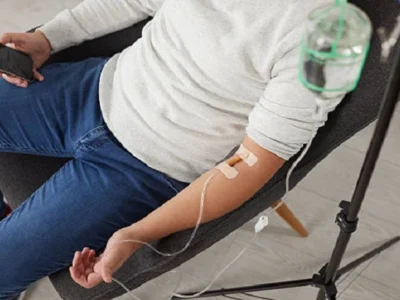It’s a very emotional and often hard choice to have an abortion, and the mental effects of the process can be very different for each person. In abortion centers, healthcare workers have to deal with these feelings and help patients in a kind and knowledgeable way. To do this, you need to know about the mental problems that can come up, address the patients’ mental health issues, and make sure they have enough support before, during, and after the procedure. We will talk about how abortion clinics deal with these mental effects and the steps they take to ensure the health of people who come in for an abortion. You should consider Ava Health for more information.
Understanding Psychological Responses to Abortion
People who want to have an abortion may feel a lot of different emotions. People’s personal, cultural, and religious beliefs, as well as the events that led to the choice, often affect how they react. Some people may feel calm and at ease, while others may feel worried, guilty, sad, or even grief. Abortion clinic staff know that each patient’s emotional reaction is unique and depends on many things, such as their past experiences, their support system, and how well they understand the process.
A lot of people don’t decide to get an abortion on the spur of the moment, and they often have mixed or conflicting feelings about it. Clinic staff must create a safe space where patients can talk about their feelings and be understood. Counselors, social workers, and other trained staff are often hired by abortion centers to help patients have open conversations and get the help they need to deal with their feelings.
Pre-Abortion Counseling: Preparing Patients Emotionally
Giving therapy before an abortion is an important part of dealing with the mental effects of abortion. The majority of clinics offer counseling services to help patients understand how the treatment will affect them emotionally and mentally. The goal of pre-abortion counseling is to make sure that people are making an informed choice and are aware of the emotional problems they might face.
Counselors talk about many things, such as how to make a choice, how you might feel, and what kinds of support services are available after an abortion. The goal is to give people the tools they need to deal with their feelings and give them the confidence to make choices. This counseling can help people deal with guilt, shame, or anxiety that might come up before, during, or after the process. Abortion clinics can help patients deal with their feelings by recognizing them early on and giving them tools and ways to cope.
Creating a Supportive Environment for Patients
It’s important for abortion clinics to make a safe and welcoming space where people can feel safe and trust each other. This setting is very important for patients to feel safe and supported during their treatment. The people who work in clinics are taught to treat patients with compassion, kindness, and respect, knowing that the patients may be weak or upset. By creating an environment where no one is judged, the clinic can help some patients who are worried about the choice itself, the social stigma, or being judged by others.
Patients may also be able to get to support groups or mental health services in a supportive setting so they can talk about their problems with people who are going through the same things. Making patients feel less alone and connected can be helped by these tools. Abortion clinics can help their patients deal with the mental effects of the operation and make sure they get the care they need by giving them emotional support before, during, and after the procedure.
Post-Abortion Care: Addressing Emotional Well-Being
Post-abortion care is another important part of dealing with the psychological effects of the process. After having an abortion, it’s normal for people to feel different emotions, like sadness, regret, or even relief. Clinics know that post-abortion care is important for helping patients deal with their feelings and giving them ongoing support. A lot of the time, patients are told what to expect emotionally after the operation and told to get help if they need it.
There are often follow-up appointments at clinics to check on a patient’s mental health and make sure they are dealing with any feelings they may have. Patients are sometimes sent to therapy services or support groups to get more help. After an abortion, abortion clinics know how important it is to keep caring for the woman because mental healing can be just as important as physical healing. A big part of post-abortion care is giving people a safe place to talk about their feelings and get help.
Training Staff to Handle Emotional and Psychological Issues
To make sure that their patients get the best emotional care possible, abortion clinics train their staff to deal with the psychological and emotional parts of the procedure. People who work in health care, like doctors, nurses, and counselors, are trained to spot the signs of mental distress and treat the person with kindness and care. A big part of this training is learning how to deal with different feelings, like fear, guilt, anger, or sadness, without passing judgment. The staff is taught to respect each patient’s right to privacy and to offer mental support without forcing their own ideas on them.
By putting the patient first, abortion centers can better help their patients deal with their emotional problems. Staff who are well-trained are very important for making sure that patients feel supported and heard, and that their mental health needs are met at all times during the abortion process. To deal with the mental effects of abortion, you need to pay close attention, be compassionate, and get individualized care. Abortion clinics are very important for making sure that patients are emotionally supported before, during, and after the process.
Clinics help patients deal with the complicated feelings that come up after having an abortion by offering counseling, creating a welcoming environment, teaching staff how to deal with emotional issues, and talking about the role of family and culture. The journey doesn’t end after the surgery; patients need ongoing support and tools to help them deal with their feelings and get better. The goal of abortion centers is to make patients feel safe, heard, and supported, which will improve their physical and mental health in the long run. Clinics can help abortion patients deal with the difficult emotions that come with it with understanding and respect by giving them kind care and a promise to deal with psychological effects.
Caring Touch Home Health Makes a Difference in Patients’ Lives










Comments